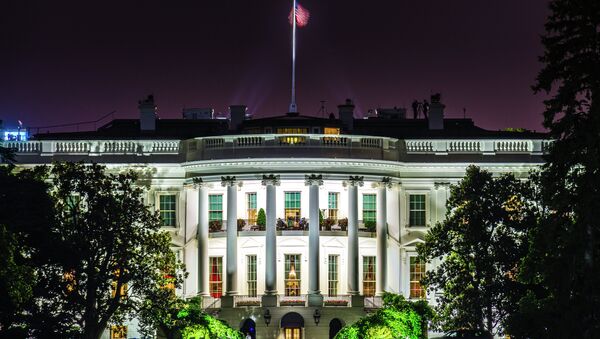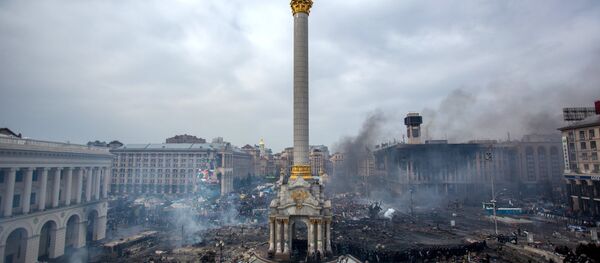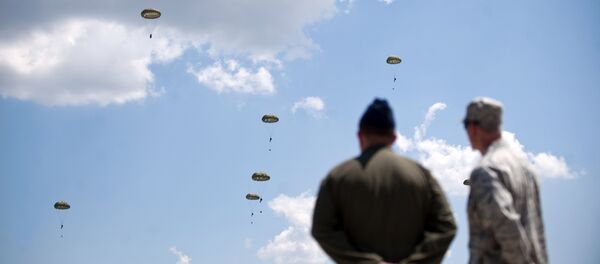"I believe the US is above all others to blame. Particularly, I’m referring to the decision made by Bill Clinton’s administration. In 1993-1994, Clinton breached the Baker-Shevardnadze agreement as well as the agreement between George H. W. Bush and Gorbachev, and then Eltsin," Wilkerson explained.
Then, Clinton virtually gave permission to NATO to consider not only a peacekeeping partnership program and military exercises for potential members, but also to step outside the framework, he added.
"In fact, Clinton began, as the saying goes, to poke fingers in Moscow’s eyes," he said.
In April 2014, Kiev launched a military offensive against Donbass residents who opposed the new, coup-installed government. On February 12, agreements were reached to cease fire, withdraw heavy weapons and make amendments to the Ukrainian constitution on the legal status of Donetsk and Lugansk Regions.
Moscow has repeatedly stated that NATO military expansion toward the country's western frontier is a threat to regional and, ultimately, global security.
Ukraine applied to join the NATO Membership Action Plan in 2008. The former Soviet republics of Latvia, Lithuania and Estonia joined the NATO in 2004.



